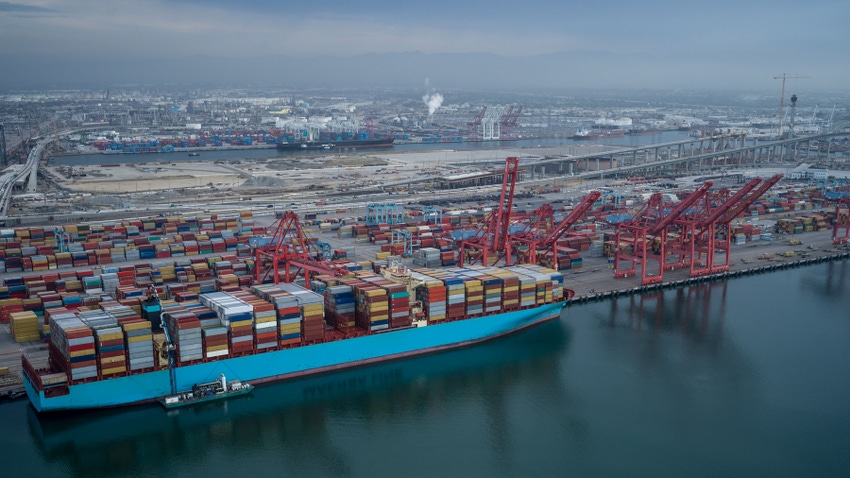March 26, 2024

I recently wrote about the interest in sorghum abroad. Our global partnerships, notably with China and nongovernmental and other organizations providing assistance via food aid in Africa, underscore sorghum's significance not just as a feedstuff but as a vital component of communities across the globe.
This dual role — boosting farmer incomes and addressing food insecurity — highlights sorghum's potential for making a meaningful difference both domestically and internationally and provides a foundation for optimism as farmers prepare for #plant24.
This month, I want to continue that globally focused thread and dive a bit deeper into a project in which the sorghum industry has taken an expanded role.
As most of my readers know, my consulting business, Serō Ag Strategies, consults for several organizations in the sorghum world, including a new 501(c)(3), the Collaborative Sorghum Marketing Transformation Program (cSmart), which aims to catalyze profitable business opportunities for sorghum farmers. Recently, cSmart has been active in helping lay the groundwork for a new service business on the Texas Gulf Coast that will help facilitate exports.
The business is finishing up preliminary permitting work and beginning to raise money, and cSmart is supporting all aspects of the startup process, including initiating networking and generic marketing activities. The business is a service provider that helps get grain — or other agricultural products as it makes sense — into containers and onto a vessel bound for international locations. The positives of this approach are numerous, but the most significant for sorghum farmers is the focus on small-quantity opportunities.
Given the scale of U.S. sorghum production coupled with the nature of demand for the crop in more focused market segments, containers are a perfect way in which to ship sorghum to our global partners. Whether to baijiu producers in China interested in a specialty sorghum produced and handled in keeping with the principles of identity preservation or a micro-scale food aid opportunity in Madagascar, containers provide ultimate flexibility, offering variations in scale from one container to an entire ship stacked full of them.
In addition, they allow for bulk commodity grain sorghum to be shipped along with finished products such as the sorghum-soybean and sorghum-chickpea blends awaiting commercialization and formulated to combat malnutrition in children and vulnerable population.
How will sorghum farmers benefit from opportunities such as this one?
First and most importantly, they’ll benefit from added demand. More markets always mean more opportunity for profit, and this is particularly true when the markets in question are new to the crop.
Second, I believe sorghum farmers will benefit in another way as well. I want to see them invest in the business itself — not just in spirit, but also financially. I mentioned that the business is now raising money, and I hope to share more about that opportunity soon. Stay tuned.
Duff is founder of Serō Ag Strategies and serves as a consultant to National Sorghum Producers. He can be reached by email at [email protected] or on X @sorghumduff.
About the Author(s)
You May Also Like






